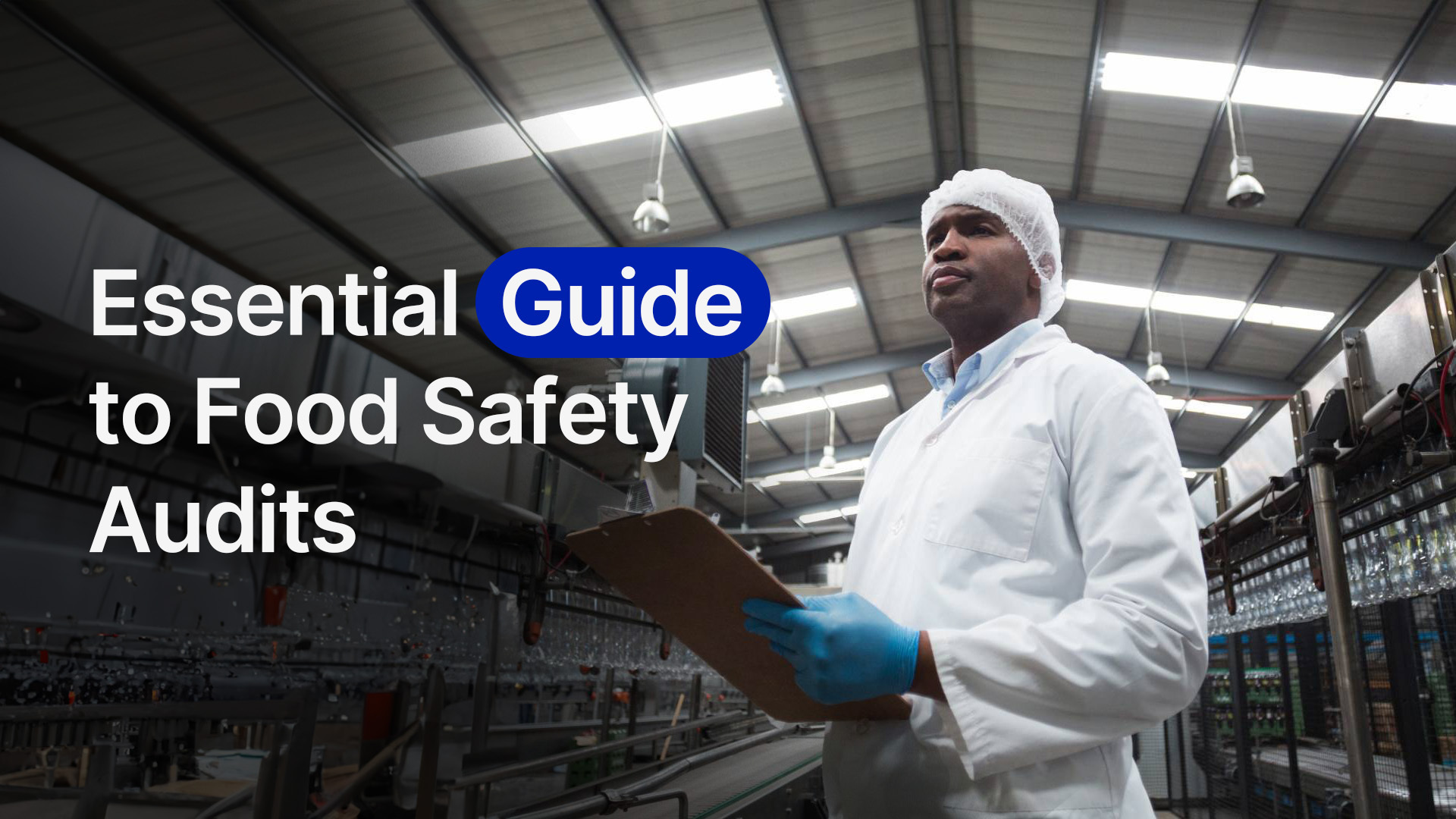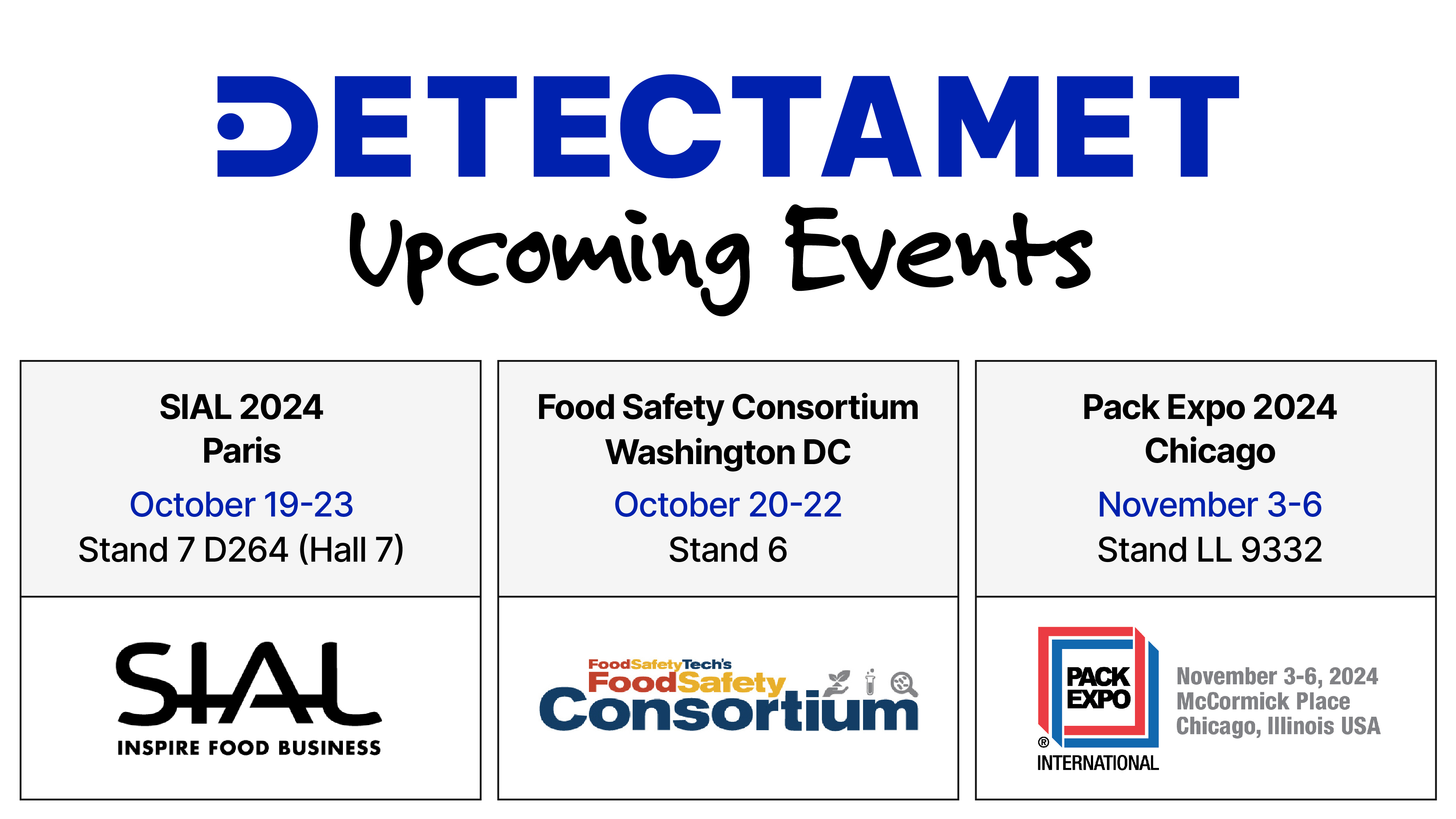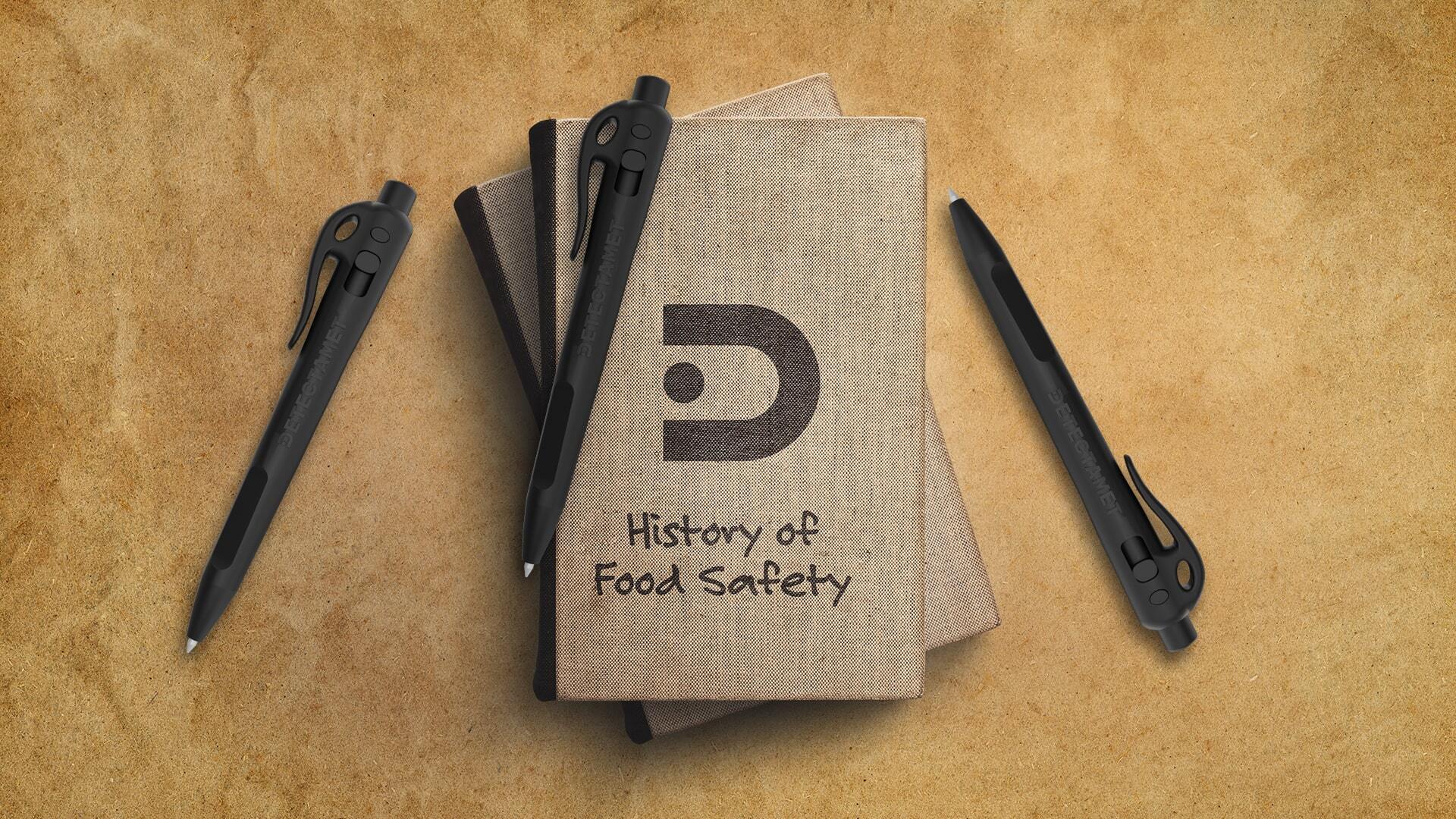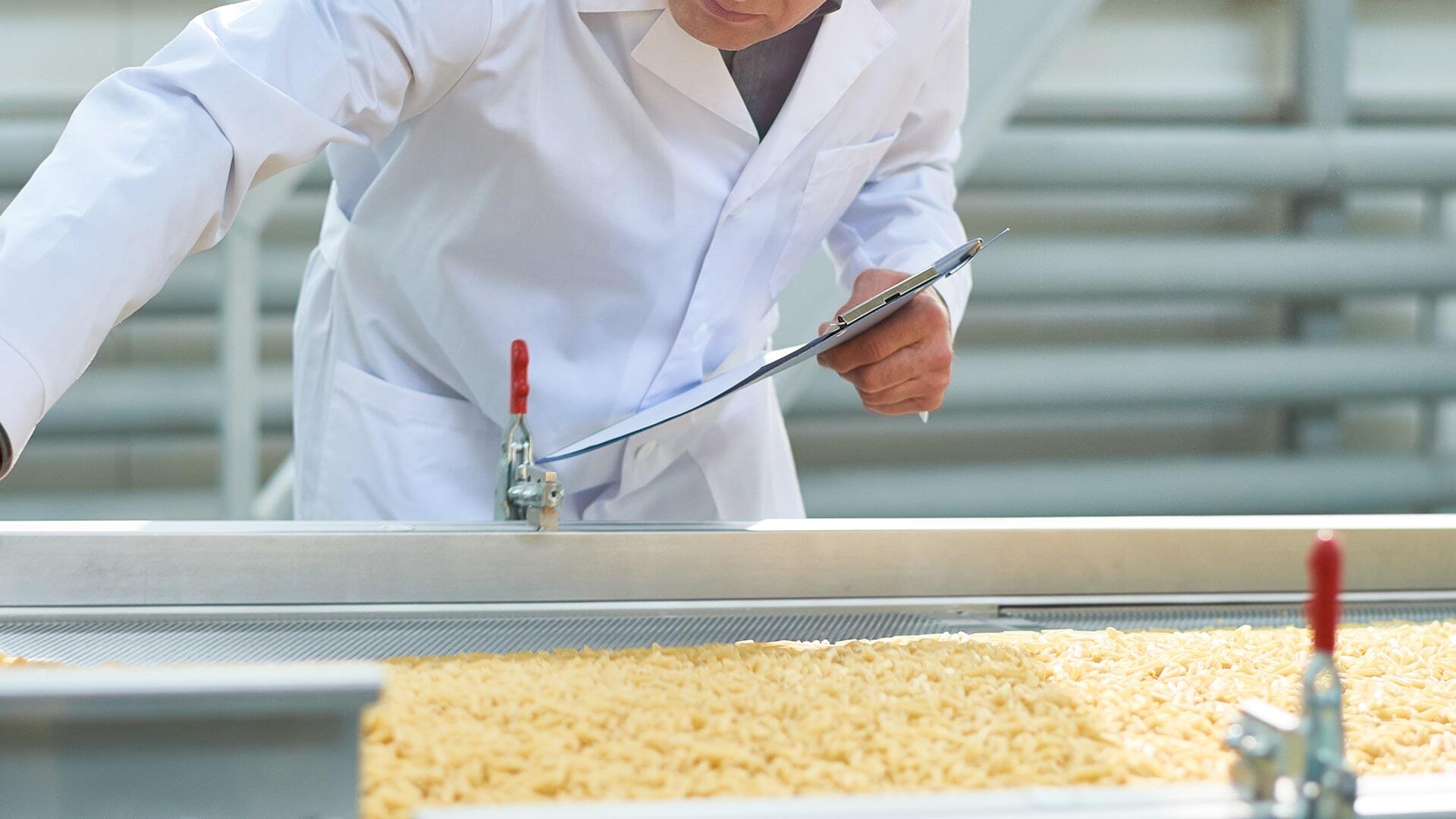Education
- Publié: Octobre 11, 2024Catégories: EducationLire plus »
Since food safety is one of the most critical responsibilities for any food processing facility, performing regular and rigorous food safety audits is an essential safeguard.
In an industry where foreign matter contamination can result in severe health consequences and damage to a brand’s reputation, it’s essential that every business takes this process seriously.
Especially since external auditors can arrive unannounced. Depending on your location and your business sector, an external food safety audit can be anywhere from every six months to every two years. So, you need to be ready.By conducting regular internal audits, businesses can maintain compliance with stringent food safety standards,
- Publié: Octobre 09, 2024Catégories: EducationLire plus »
At Detectamet, we thrive on attending live events. These provide unrivaled opportunities for networking and collaboration with leading businesses in the food safety and processing industries. By engaging with other industry pioneers, we exchange ideas, share innovations and keep Detectamet at the cutting edge of industry trends and technological advancements.
Our presence at these events also gives you the opportunity to experience Detectamet’s world-leading Metal Detectable & X-Ray Visible Products firsthand. You’ll get to see our solutions in action and explore how they can enhance safety and compliance in your operations.
When you visit the DetectaTeam at any of these events, you can expect:
- Free Sample Packs: Get hands-on experience with the quality and reliability of our market-leading products.
- Cutting-Edge Solutions: Discover a comprehensive range of products designed to reduce foreign matter contamination
- Publié: Octobre 04, 2024Catégories: EducationLire plus »
The history of food safety has been one of manufacturers versus contaminants. As such, food hygiene has always been a crucial concern in food manufacturing. Since your products are going to be eaten or drunk by customers, you have to ensure the user will come to no harm.
The methods used to ensure food safety have evolved significantly over time. From the early days of basic hygiene to today’s highly-regulated and technology-based systems, the journey of food safety reflects the growing complexity of our food supply chain.
As our understanding of contamination risks has deepened, so too has our commitment to ensuring that the food reaching consumers is free from harm.
The introduction and evolution of detection technologies, such as metal detectors and X-ray systems, revolutionised food safety practices and are now essential tools in protecting both consumers - Publié: Octobre 03, 2024Catégories: EducationLire plus »
Before processed, packaged and manufactured food goods arrive on consumers' plates, they undergo stringent processing workflows and regulations to ensure safety. Like a knife and fork, safety and tasty should always go hand in hand.
However, as history has shown, breakdowns in these processes can sometimes result in food products becoming contaminated. The last thing any food manufacturer wants is for a foreign object to find its way into a product. After all, physical contaminants not only threaten consumer safety but can trigger widespread product recalls, resulting in costly business disruptions.
To help mitigate these risks, our food safety experts have identified the six most common physical contaminants found in food processing and outlined how you can safeguard your products against them.
#1 Metal contaminants
Metal contamination is a significant concern in food processing, often originating from the very equipment which is processing the food.
- Publié: Juin 06, 2024Catégories: EducationLire plus »
World Food Safety Day comes just once a year. Like your food processing business though, we at Detectamet know that food safety is a challenge every day!
In this article, we take a look at the history of World Food Safety Day, the importance of food safety and critical steps your business can take today to secure a safer tomorrow.
The History Of World Food Safety Day
World Food Safety Day was established by the United Nations General Assembly in 2018 and is celebrated every June 7th. This important observance was initiated by the Food and Agriculture Organization (FAO) and the World Health Organization (WHO) to draw global attention to the health consequences and economic impact of unsafe food. The day serves as a reminder of the critical need to ensure food safety and highlights the benefits that flow from safe food - public health, economic prosperity and sustainable
- Publié: Décembre 13, 2023Catégories: EducationLire plus »
Here at Detectamet, we are deeply committed to ensuring the utmost food safety. As we like to say: food safe is food smart.
Of course, navigating the complex maze of rules and regulations can be daunting, especially when each food processing operation has unique processes and challenges of its own.
Recognising this, we've dedicated ourselves to developing practical, innovative solutions tailored to these diverse needs. Food safety in the food processing industry is not just a requirement; it's a responsibility. A single lapse can lead to expensive recalls, significant harm to a brand’s reputation and an erosion of customer trust.
In this high-stakes environment, metal detectable gloves from Detectamet have emerged as a revolutionary solution, offering an added layer of protection and peace of mind. To assist you in enhancing your food safety protocols, we've compiled ten essential (finger) tips.
They are
 Detectamet Europe (Français - € EUR ) Cliquez ici pour modifier votre devise, votre région et votre langue.
Detectamet Europe (Français - € EUR ) Cliquez ici pour modifier votre devise, votre région et votre langue.















